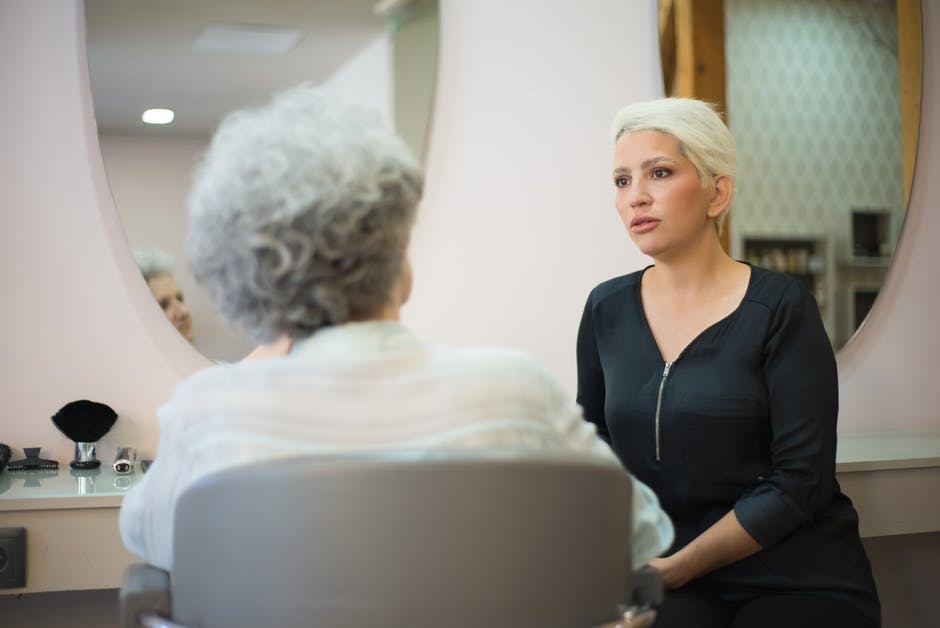
Approaching your loved one about a drinking habit is often a touchy and challenging subject. When you are involved with someone who has a problem with alcohol or drug abuse, you may be concerned about bringing up the topic because their reaction may be unpredictable. Some people with drug or alcohol problems may have reactions that could be harmful or even dangerous when their drug or alcohol use is mentioned.
Due to this possibility, you may not want to have a conversation about your loved one’s substance abuse by yourself. However, it’s essential to discuss drinking habits with your loved ones. The conversation may seem awkward and requires delicacy, but it may save your loved one’s life. How can you approach a loved one about drinking in a reasonable, compassionate manner?
Establishing Barriers and Boundaries
Many individuals will avoid talking about confrontational issues with their loved ones, particularly when it involves alcohol. The hesitation you may be feeling can lead to excessive worry, excuses, or embarrassment about bringing up the topic. The first thing to understand is that your loved one’s problem with alcohol is not your fault, and you are not the reason for the drinking habit. Furthermore, changing the behavior that can accompany a drinking habit is not up to you to fix alone.
If you do decide to discuss a loved one’s problematic drinking, there are ways that you can express your concern with acceptance and understanding. You may want to have other people with you who share your concerns when you discuss your loved one’s issues with alcohol. This is typically called an intervention.
If you decide to discuss your loved one’s drinking problem with them, you may want to consult with a mental health provider first or involve a therapist in the conversation. A therapist’s knowledge and experience can be invaluable. However, you decide to have the conversation, setting boundaries is essential when dealing with substance abuse or alcohol in the home.
Getting Outside Help With Communication
If you choose to involve a therapist, they can help you understand how best to approach the situation in a compassionate way. A therapist can help you pick the right time to have the conversation, help you to establish open communication, guide you in using straightforward language, and give you techniques to de-escalate a potentially volatile situation. Using the right tactics will allow your loved ones to make their own decision regarding recovery, rather than forcing them into a recovery plan.
A conversation about your loved one’s drinking habits may be frightening. Helping your loved one who has a drinking problem may be best approached with guidance from a knowledgeable and experienced mental health care provider. The overall goal in talking to your loved ones about their drinking habits is to help them find a path to recovery. At The Guest House, we recommend approaching the situation with grace and forgiveness. For more information on how to approach your loved ones about their problematic drinking, reach out to us at (855) 483-7800.